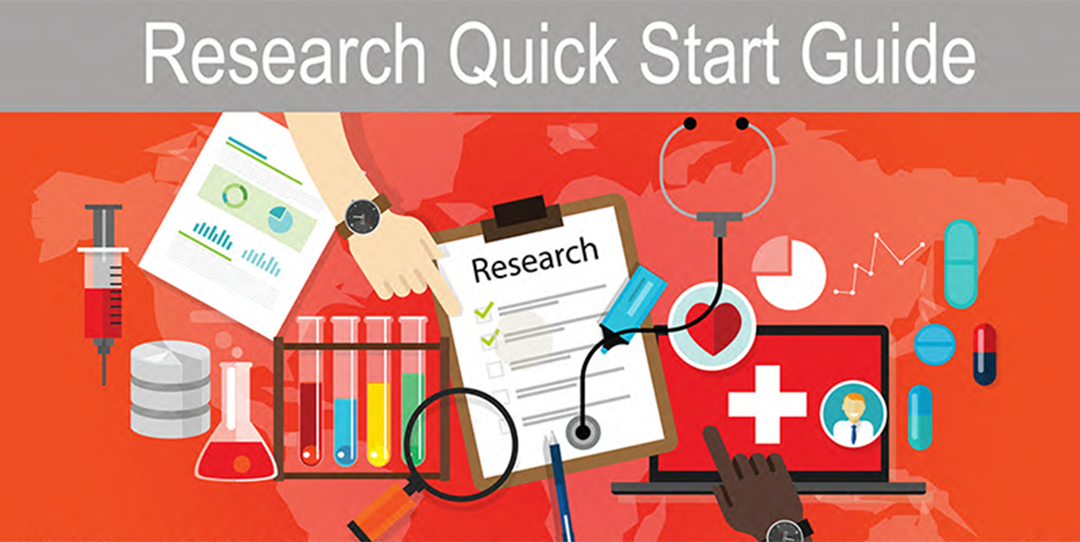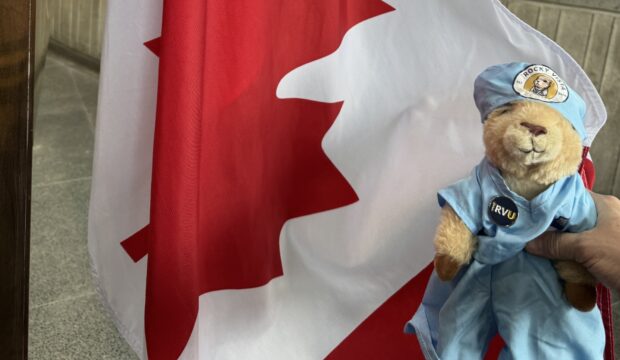Research Best Practices

Quick Start Guide for Students
It can be a little intimidating to start a new research project at a new institution. Rest assured that the Office of Research is here to help and support your efforts. We have put together this quick start guide to help you manage this process.
- Look at the Research Resources on the RVU Office of Research website.
- Join the RVU Research Opportunities and Interest Groups on Microsoft Teams.
- Find an ongoing research project or develop your research question. *Please note that students are responsible for finding a research project to join if they do not want to develop their own project. The Director of Research will not assign students to projects, but may post opportunities for student participation on Microsoft Teams.
- Do a literature dive into your topic and see what is already known.
- Assess the quality of your question using either the PICOT or FINER criteria.
- Does your research include the necessary components?
- P=population – Who is the subject of your question?
- I=intervention – What do you plan to expose your subjects to?
- C=comparison – Is there an alternative exposure/experience (not always needed)?
- O=outcomes – What do you plan to accomplish, improve or affect (should be measurable)?
- T=time frame – What is the timeframe for your study (can be in the past)?
- Is your research question worth answering?
- F=feasible – Can it be answered with available time, money, space or other resources?
- I=interesting is it interesting to you and is it interesting to others in the field?
- N=novel Will the answers advance knowledge in the field?
- E=ethical Will any physical or psychological harm come to anyone as a result of the research?
- R=relevant How might answers to this question improve educational methods or patient care?
- Use a good reference manager to organize what you are finding. The Office of research suggests Zotero, Mendeley, or EndNote. Note that Zotero and Mendeley are both free but EndNote requires a license.
- Does your research include the necessary components?
- Write your question, hypothesis and, if possible, a preliminary experimental design prior to approaching a mentor.
- Contact potential research mentors or reach out to the director of research to help connect with a mentor.
- Complete the Student Research Approval Form – This form must be completed before beginning any research project and turned into either the clerkship director (for credit for OMS IV) or the director of research (no credit). Note that OMS III students may be eligible to participate in research for credit on a case-by-case basis.
- Complete CITI Training for research (Reach out to Laura Dement for instructions).
- Obtain IRB Approval if necessary – Determine which application to submit and request form from the IRB Compliance Officer Laura Dement ([email protected])
- A CRT event request may be necessary for certain projects that require the study team to work together in person with volunteers. Currently, the reintegration plan of the Department of Research and Scholarly Activity has approval for groups up to 10 people as long as individuals are not in close (<6 ft) proximity for more than 15 minutes. However, this would still need approval. Use the following iNet form here.
- Complete your Conflict of Interest Form and send it to Laura Dement.
- If you are doing a survey-based research project after June 1, 2021, you can request a Qualtrics account from the office of research ([email protected]). Please note that all IRB-approved surveys of students will be distributed either via email through the Office of Research, or with approval of the director and the IRB, they can be posted on the Teams page for surveys. IRB-approved surveys of the faculty and staff will be distributed via email through the Office of Research.
Please make sure to complete the Research and Scholarly Activity Tracking Form upon acceptance of any publication or presentation. Additionally, you may complete a travel funding request to present your work at a conference.
If you have any additional questions, please feel free to reach out.
Happy Researching!
Dr. Amanda Brooks
Director of research and Scholarly Activity
What’s happening at RVU?

Awards
